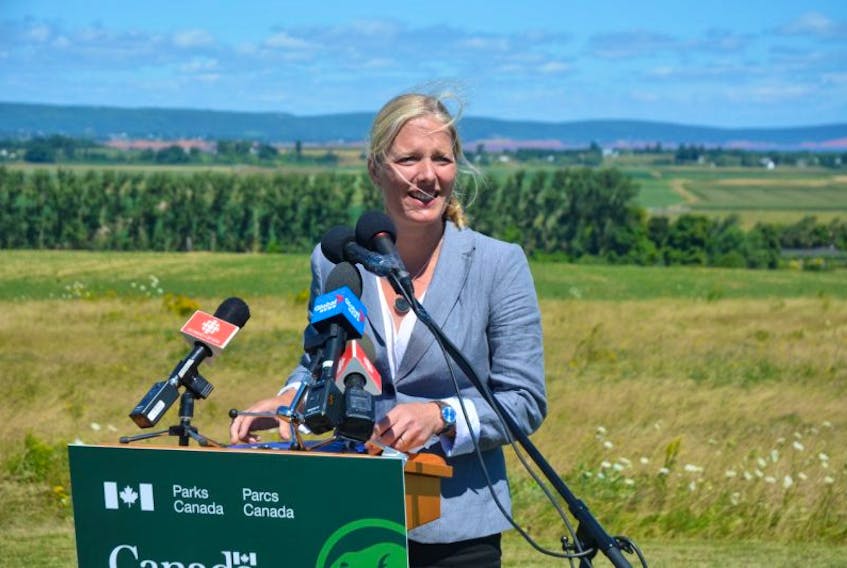
But sometimes, I think I can see an opportunity.
This week, the federal government announced a phase-out of electrical generation from coal in this country by 2030.
It’s also on the record as planning a major expansion of “green infrastructure,” something that will see billions spent. What will it be spent on? Well, one of the things being proposed is funding for improvements to the nation’s electrical grids.
Federal Environment Minister Catherine McKenna said as much in her news release about coal: “The Government of Canada will support this transition by using the Canada Infrastructure Bank to finance projects such as commercially viable clean energy and modern electricity systems between provinces and territories.”
Parts of the country have power – other parts of the country need power. Still other parts of the country export power south to the United States. By and large, utilities with power — like Manitoba Hydro and Hydro-Québec — are better equipped to ship their power to the U.S. than east or west to Canadian markets.
But if the federal government is willing to put billions in the pot, why not take it one step further?
Why not set up a national regime to manage the interprovincial and international sale of electricity?
And I know, division of powers, federal-provincial rights and responsibilities under the Constitution and blah, blah, blah. Provinces with big power supplies will cry that they have a right to pick their customers and make the most dollars possible from their systems.
But I’m talking carrot, not stick.
If a province or its utility is perfectly willing to take federal funding for an electrical infrastructure project, why shouldn’t the federal government attach some strings? For example, that the project should be good for the country as a whole.
The national energy panel would be a sorting-house for electrical power — matching who has it with who needs it, with an aim to remove as many environmentally damaging power sources from the grid as possible.
Individual provinces could still make their own decisions about how they wanted to supply their own grids. Provinces could have Crown corporations for power distribution, or make the decision to put that in private hands.
And if a province wants to opt out of playing a part in a national power grid, they can — but they have to forego green infrastructure funding, and be aware that the federal government might build national-interest power corridors through their provinces with that green funding.
Some people are bound to say that all I’m suggesting is a new level of bureaucracy, that I’m reinventing the wheel — that there’s already a system that power-exporting electrical utilities have to use: the open-access transmission tariff (OATT).
OATT is a fine thing, if everyone were playing fair. The problem is that while individual utilities are supposed to make space reasonably financially available on their grids for power to pass through their jurisdictions, they inevitably put their own commercial interests, and their own power, first.
A national grid would serve a national interest. And that’s exactly what national governments are supposed to do.
If the federal government is going to put billions into electrical grids, including interties between provincial utilities, the country as a whole should also get something in return, other than short-term jobs, for all that investment.
If the feds are paying the piper, why let individual provinces call the tune?
Russell Wangersky is TC Media’s Atlantic regional columnist. He can be reached at [email protected] — Twitter: @Wangersky.









